Where there are no oxen, the manger is empty, but from the strength of an ox comes an abundant harvest. Proverbs 14:4
This verse had a profound impact on me as I went through my financial freedom journey. From this verse, I realized that I could either live a life with an empty manger or with an abundant harvest and the choice was up to me. In the pursuit of financial abundance, I could choose to rely on myself and my own abilities, or I could acquire oxen to help me. Which do you think I chose?
In my book, Oxen, I have outlined the different types of oxen, how to acquire oxen and how to lead oxen. These principles will help you maximize your financial resources and experience an abundant harvest, just as I did, so that you can fund your biggest and wildest dreams.
Most people earn money by showing up to work and in turn they get paid. If you do not show up to work, you do not get paid. Oxen can allow you to earn money whether you are working or not! There is only so much time in a day and therefore there is only so much work that one person can physically put in. This is why oxen are so important: they allow you to eliminate the time barrier.
Oxen can do things you cannot do. They have the ability to carry a load that you cannot carry and can endure more than you can endure. Oxen can be trained and can work together and accomplish even more. They work rain or shine, night and day so that you do not have to. They can multiply and take you places you may have only dreamed about. Oxen can provide.
======================================================================
Want more tips like this one? Subscribe to the Monday Money Tip Podcast HERE.
